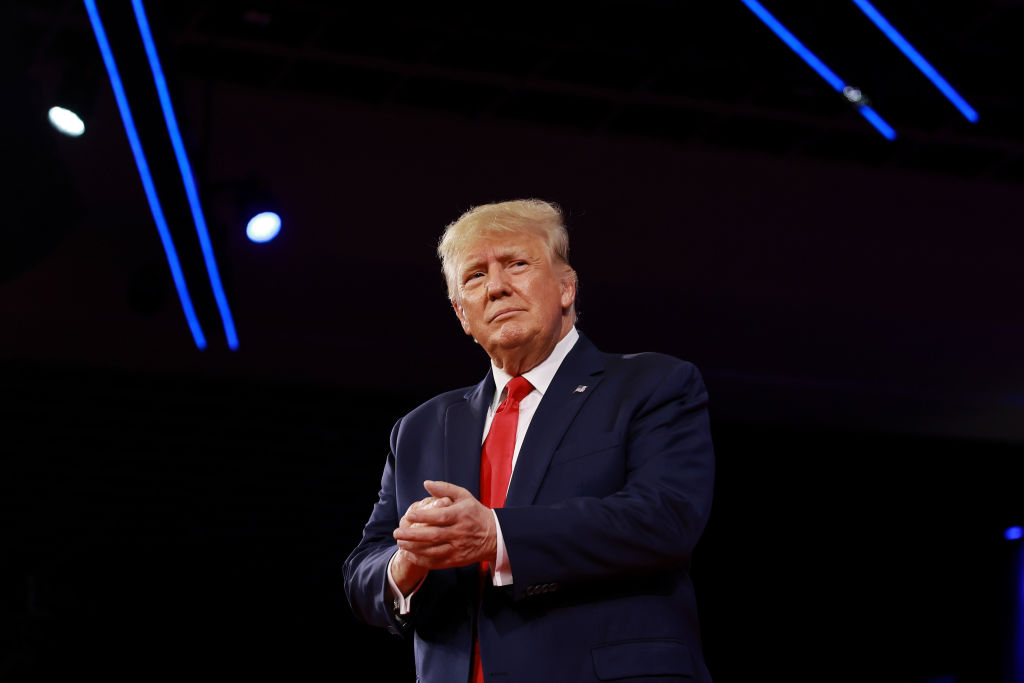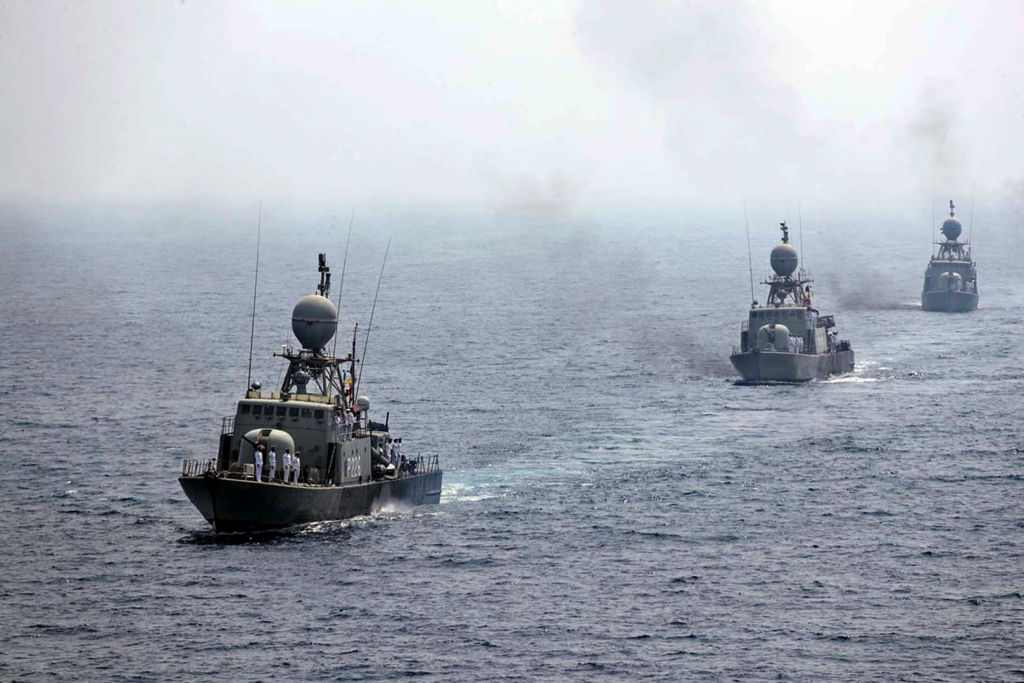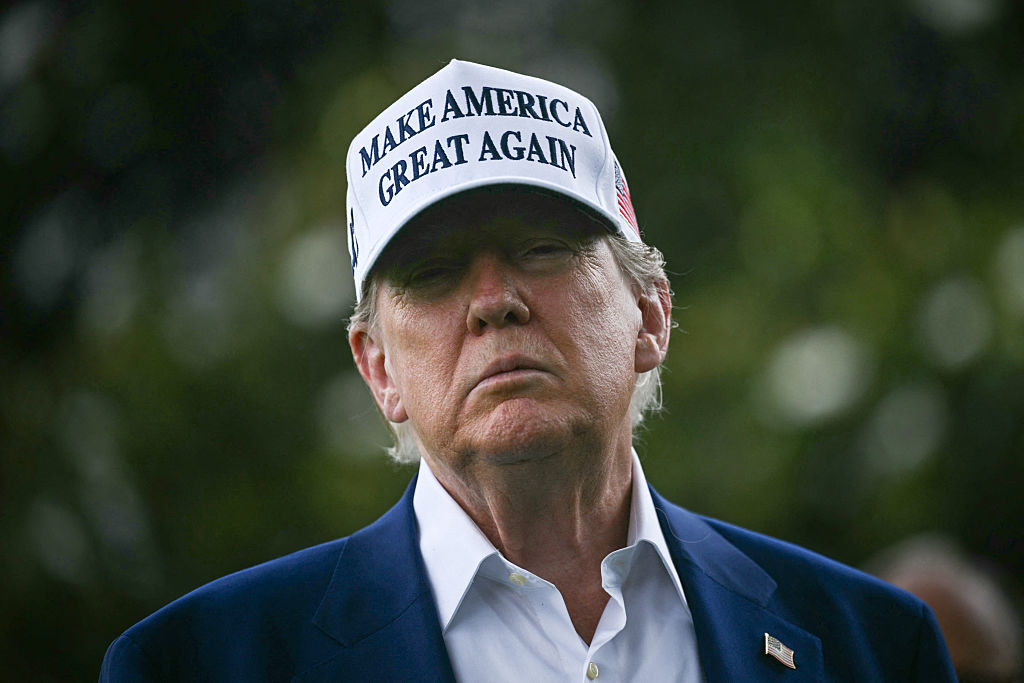Congress wants to go further and faster on Ukraine
When it comes to Washington’s response to the Russian invasion of Ukraine, one dynamic has been consistent throughout the crisis: Congress has generally pushed for a more aggressive on sanctions on Russia and support for Ukraine whereas the White House has hewed to a more cautious course.
Nowhere is that clearer than on the question of an embargo on Russian oil. Yesterday, Antony Blinken said the US was working with allies on an import ban. That came after days when the administration had talked down the possibility, even as voices on the Hill calling for the move grew louder. The White House might be warming to the idea, but it remains behind Congress.
Last night, House Speaker Nancy Pelosi sent a letter to Democratic colleagues calling not only for an oil ban but also an end to trade relations with Russia and Belarus, and placing a limit on Russian access to the World Trade Organization. In a letter sent a day earlier, Senators Rob Portman (a Republican) and Jeanne Shaheen (a Democrat) called for the president to commit American aircraft to allies fleets if those countries are donating jets to Ukraine.
It is, of course, easier for a lawmaker to call for drastic measures than it is for the White House to implement them. And the Biden administration has prioritized Western unity throughout the crisis, making it especially reluctant to go any further or faster than some of America’s more cautious allies. (Critics might point out that unity as an end in itself is little use if Ukraine doesn’t get the support it needs when it needs it.)
If there is a desire from both Republican and Democratic lawmakers for Biden to go further and faster in his support for Ukraine, more partisan members of his own party are focused on opportunities the conflict might provide in the domestic political arena, where they want Biden to weaponize the Russia-Ukraine war against the GOP.
“‘We’re Zelensky Democrats. And they’re Putin Republicans’ would be my bumper sticker,” said New York Democrat and DNCC chair Patrick Maloney in an interview with Politico last week. Notwithstanding a small but nonetheless troubling band of Putinistas on the right, the problem with Maloney’s proposed bumper sticker is that, as evidenced by the bipartisan action on the Hill, it just isn’t true.
Others want Biden to go further, and draw parallels between Ukrainian fight for democracy and their battle for American democracy at home. That, though, would be a perverse rhetorical trick. To say that there are meaningful similarities between Ukrainians risking their lives for their homeland and Democratic activists opposing changes to voting laws in Georgia is tasteless in the extreme. (No surprise, then, that Stacey Abrams went there.)
*** Sign up to receive the DC Diary in your inbox on weekdays ***
Trump’s cunning plan for World War Three
The outbreak of war in Ukraine on Joe Biden’s watch has caused plenty of speculation of how Donald Trump would have handled the same grave international crisis. It wouldn’t have happened on my watch, the former president said when Russia began its invasion of Ukraine. Two recent tidbits are a reminder of just what a fool’s errand such counterfactuals are.
Talking to donors in New Orleans this weekend, Trump unveiled a tongue-in-cheek plan to counter America’s two biggest rivals: adorn US F-22s with Chinese flags, “bomb the shit” out of Russia” and “then we say, China did it, we didn’t do it, China did it, and then they start fighting with each other and we sit back and watch.” The riff is obviously more stand-up than foreign policy prescription, but it’s a taste of the sort of extemporaneous spitballing from Trump that would have accompanied the crisis.
Trump’s former national security advisor struck a more serious note during a Washington Post live event last week. John Bolton said he thinks Trump would have pulled out of NATO had he been re-elected in 2020. Of Trump’s approach to Ukraine in 2019, when he pressured Zelensky to investigate the Biden’s business dealings in the country by threatening to withhold military support, Bolton told the Post: “I can say that every other senior national security advisor — Mike Pompeo, Mark Esper at Defense — all of us felt that we needed to bolster Ukraine’s security and were appalled at what Trump was doing. And finally, it got resolved in the near term on the security assistance, but the significant negative consequences for Ukraine I think were real.”
Don’t call it a comeback
The study in shamelessness that is Andrew Cuomo’s comeback tour stepped up a notch yesterday when the former New York governor, who was forced to resign after allegations of sexual harassment last year, spoke at a Brooklyn church. In his speech to the congregation, Cuomo opted for a twenty-five-minute airing of the grievances, and describing “probably the toughest time in my life.” Lamenting “cancel culture” that, he claimed, was used to “effectively overturn an election,” referring to his 2018 victory.”
“If you want to cancel something,” said Cuomo, demonstrating a characteristic lack of self-awareness, “cancel the federal gridlock, cancel the incompetence, cancel the infighting. Cancel crime, cancel homelessness. Cancel education inequality. Cancel poverty. Cancel racism.”
What you should be reading today
Josh Kaplan: Ukraine and the art of viral war
Chadwick Moore: Rise of the dimwit vodka dumpers
Teresa Mull: America’s rural population is shrinking
James Marson, Wall Street Journal: Putin thought Ukraine would fall easily. An airport battle proved him wrong
Will Swaim, National Review: A very California coup
Hailey Fuchs, Politico: K Street was fine taking Russian cash — until it couldn’t
Poll watch
President Biden Job Approval
Approve: 41.6 percent
Disapprove: 53.5 percent
Net approval: -11.9 (RCP Average)
Is the Covid situation in America improving?
Yes: 63 percent
…compared to 20 percent in January (Gallup)

























